Sport shows federalism the red card
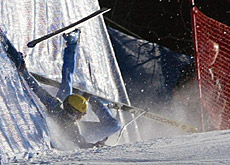
Federalism, the bedrock of Swiss democracy, has come under fire from an unexpected quarter.
The Swiss Olympic Association says the country’s political system is partly to blame for the desperate showing at last month’s skiing world championships in Italy.
For the first time since 1966, Switzerland’s alpine skiers failed to return with a medal from a world championships.
The lacklustre performance by the country’s top skiers prompted a great deal of soul-searching across Switzerland, the cradle of winter sports.
But for Werner Augsburger, head coach of the Swiss Olympic Team 2006, the answer is clear.
It is not a question of a lack of talent – the obstacle to sporting success is the country’s federalist system, which he describes as more of a hindrance than a help.
Instead of a national structure, each of the 26 cantons runs its own sporting programmes and many guard them jealously.
Augsburger says it is time to do away with the current system and run top-level sport on a national basis.
“I would like to see a major change in attitude from the cantons in favour of the national sporting interest,” Augsburger told swissinfo.
“But I don’t think the political will is there, because it would take some authority away from them.”
Expensive fees
Talented youngsters who want to attend a specialist sports school outside their home canton often have to pay fees of up to SFr20,000 ($17,000) a year, not including the cost of equipment.
Some cantons have signed reciprocal agreements, but the rest are refusing to play ball.
Augsburger says the high costs levied by some cantons are driving many potential stars of the future away from sport.
“This is one of the basic problems that we face in Switzerland, especially in skiing,” he said.
“According to the law, it’s up to each canton whether they sign the agreements. That’s what makes it difficult, because we have to convince 26 cantonal education directors.”
The Swiss Olympic Association wants to see two national centres for young skiers aged 15-20 and up to eight training centres for those aged 10-15. This would also mean a centralised coaching structure.
Hans Ettlin, head of sport in canton Obwalden, home of the Engelberg ski academy, agrees.
The academy is the only school in the country where young skiers can train and pursue their education at the same time.
Playing ball
But Ettlin says Obwalden has only been able to sign reciprocal agreements with around a dozen cantons.
“Each canton has its own system; it’s a big problem and we need to change it,” he said.
“We must set up a national sports structure so children can go to any canton in Switzerland.”
Thomas Beugger, president of the conference of cantonal heads of sport, told swissinfo that major steps had been taken in recent years towards better cooperation between the cantons.
But Beugger, who is in favour of a national ski academy, conceded that closer cooperation between the regional authorities would take a long time.
“There will probably never be a centralised, national approach. We, as an organisation, are trying to get as many cantons in the same boat, but there are regional differences,” he said.
Beugger said some cantons were reluctant to sign reciprocal agreements for financial reasons.
For its part, the Conference of Cantonal Directors of Education rejected any blame for the poor performance in Bormio.
It added that cantons were free to sign bilateral agreements, but no one could force them.
Talent search
The Swiss Olympic Association says it would be unfair to say that the whole system is bad, pointing to last year’s successful launch of a talent programme involving more than 20 schools.
Schools with a strong sporting pedigree can apply for a Swiss Olympic quality label, plus funding from the organisation.
Augsburger points out that some sports, such as unihockey/floorball, orienteering, curling, beach volleyball and mountain biking, are flourishing.
But this doesn’t mask the fact, he says, that sporting success in Switzerland does not command the same respect as in other countries.
This means the country’s athletes have to get by on far less money than their rivals, something the Swiss Olympic Association would like to change.
But it says the financial resources do not allow a big step in this direction.
Augsburger wants the cantons to agree to increase the 25 per cent cut sport receives from the national lottery. But he admits this is also unlikely to happen.
“Maybe we will have to wait until the results at a World Championships or Olympic Games get so bad before people finally realise that we need to change a few basic things in our system.”
swissinfo, Adam Beaumont
Switzerland signed up to the non-governmental Forum of Federations at a meeting in Brussels on Friday.
The agreement is aimed at promoting federalism worldwide, particularly in multiethnic countries, by organising conferences and a series of publications.
Switzerland is funding the organisation with SFr450,000 ($385,357) annually.
The organisation is currently led by a former Swiss cabinet minister, Arnold Koller.
The Swiss Olympic Association, stung by the country’s recent poor showing at the world skiing championships, wants top-level sport to be run on a national, rather than federal, basis.
But it says there is a lack of political will among many cantons, who would see their power eroded.
Some cantonal sports chiefs are in favour of the move but they concede that it is unlikely to happen because of regional differences.

In compliance with the JTI standards
More: SWI swissinfo.ch certified by the Journalism Trust Initiative
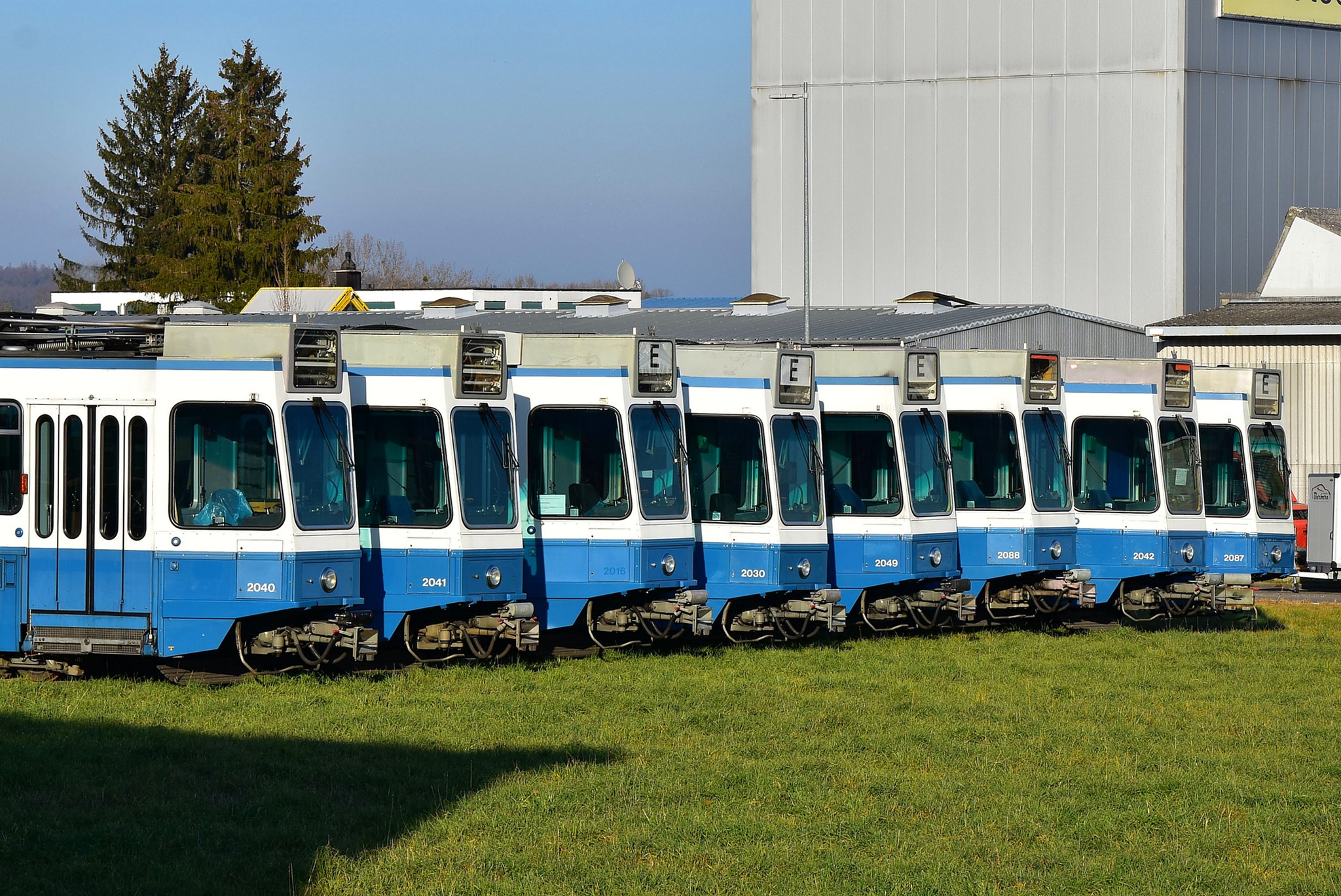

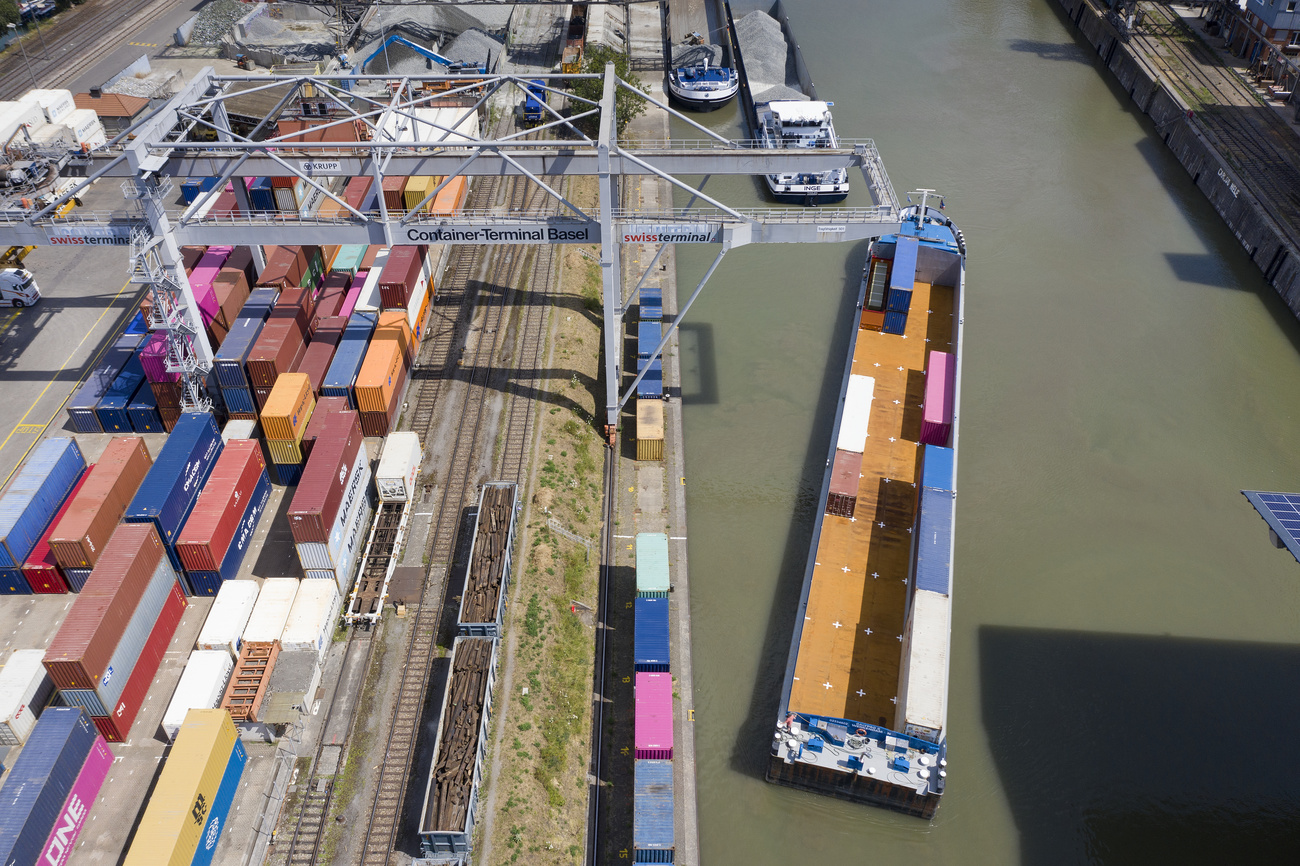

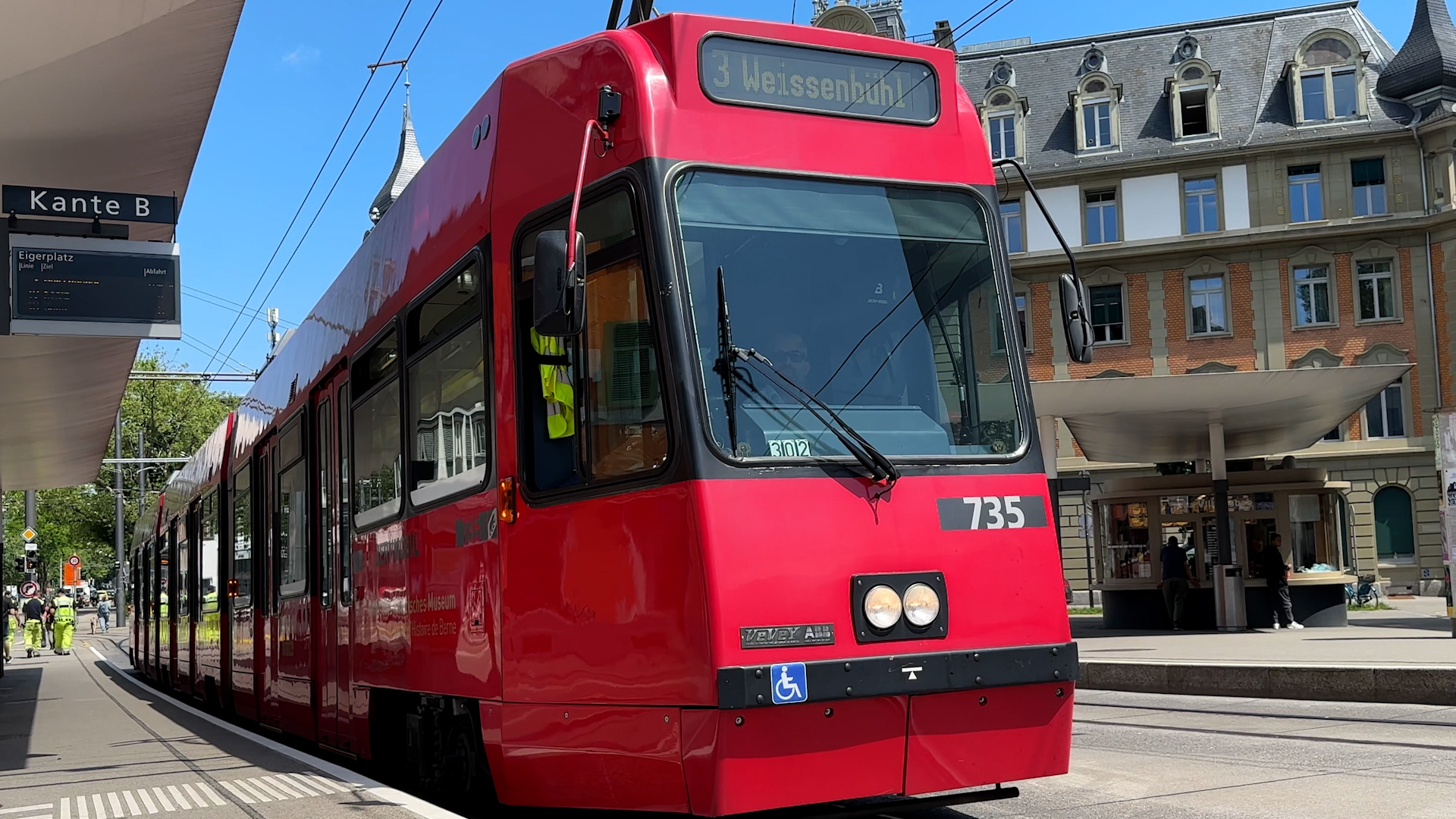


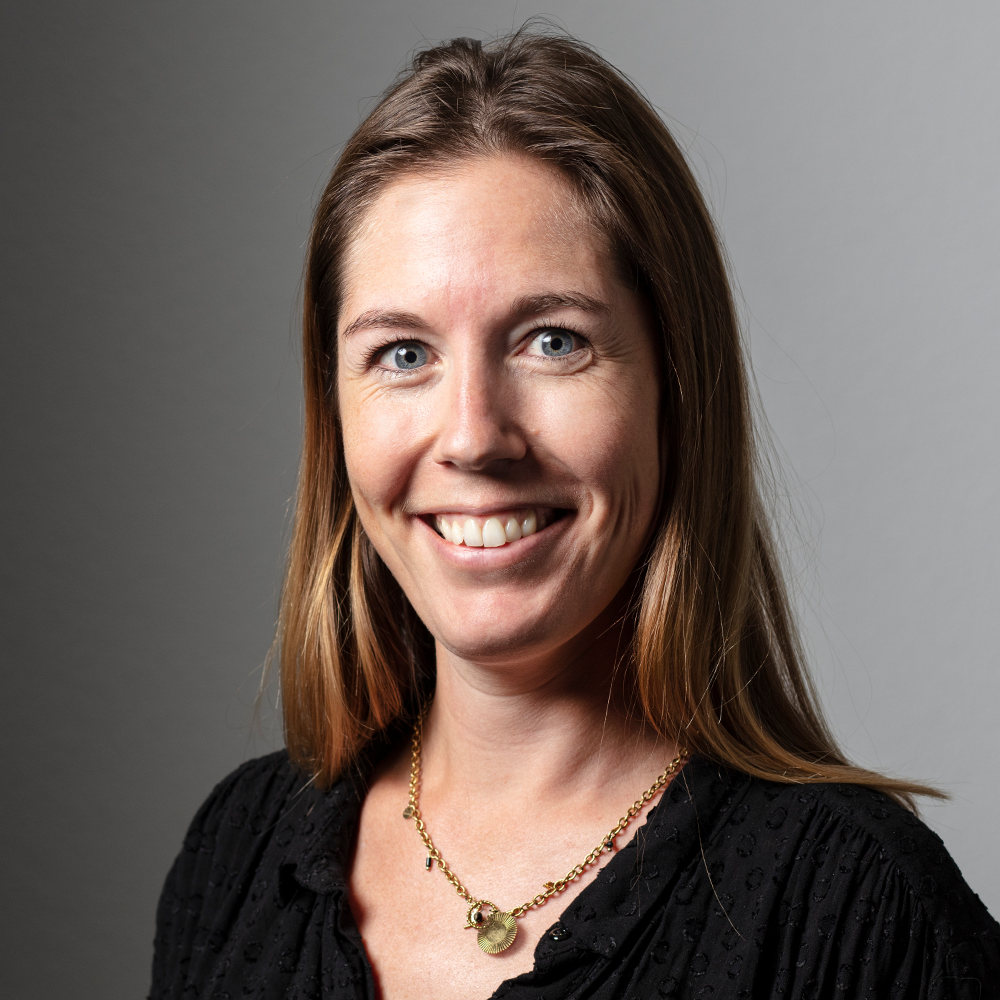
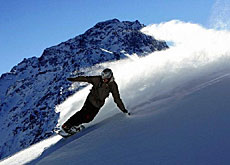
You can find an overview of ongoing debates with our journalists here . Please join us!
If you want to start a conversation about a topic raised in this article or want to report factual errors, email us at english@swissinfo.ch.